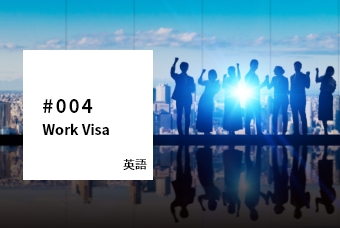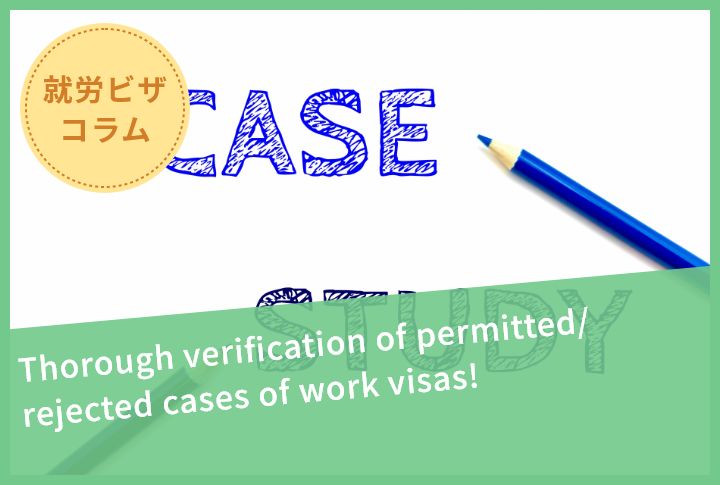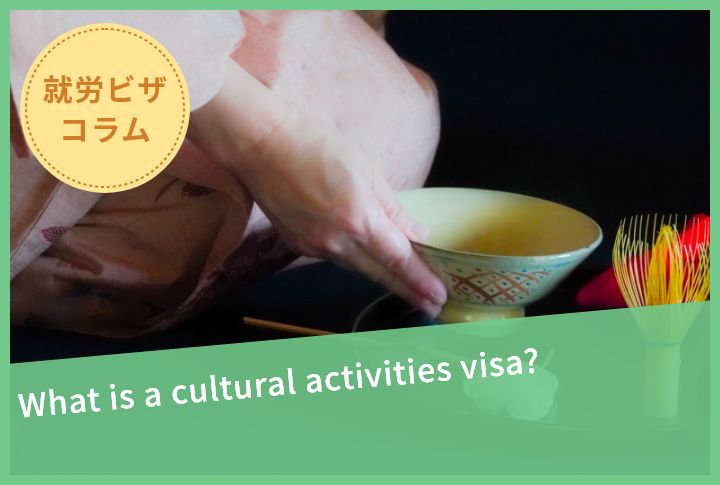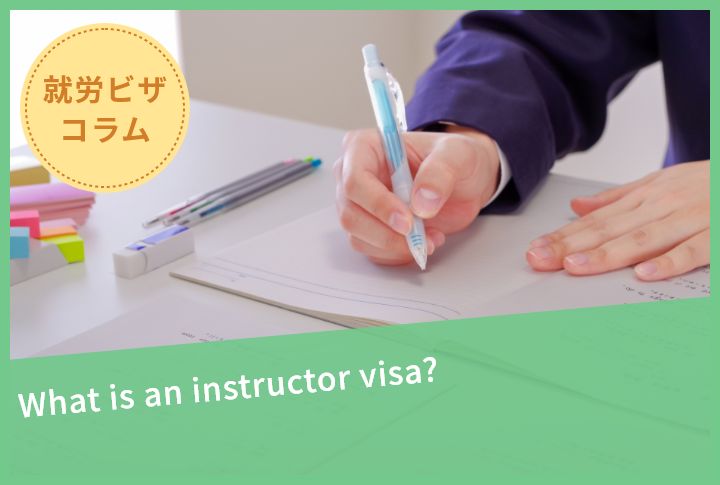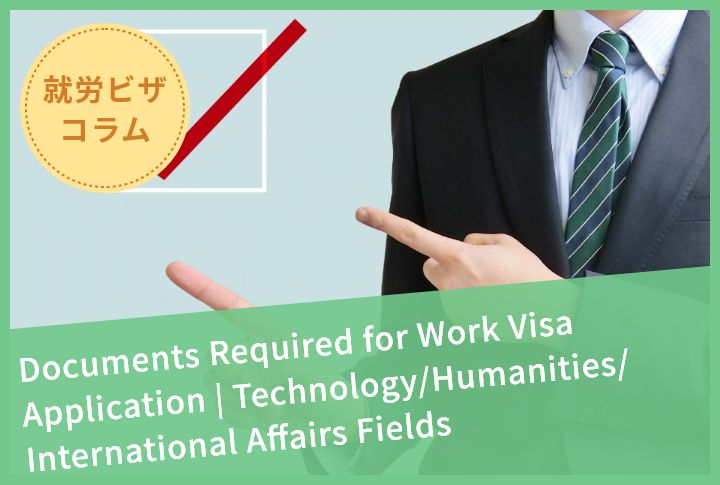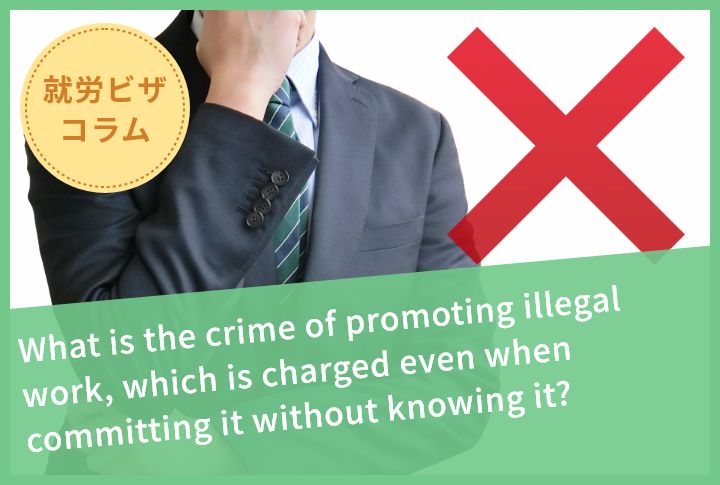What is a trainee visa? Is it different from a work visa?
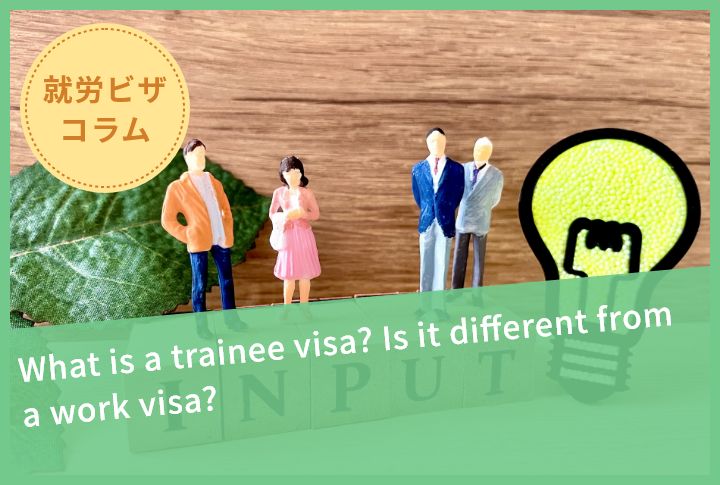
The purpose of trainee visas is to transfer the skills, techniques, and knowledge developed and cultivated in Japan to overseas by way of inviting foreigners to Japan as trainees, so they can acquire such skills, etc. As such, this is a type of visa which promotes international cooperation and contribution by supporting the development of other countries.
As trainee visas are visas for acquiring Japanese skills, and not work visas, they cannot be used as a means to secure a labor force.
In this article, administrative scriveners specialized in visa matters will explain about trainee visas.
Index
1. What kind of jobs fall under the activities of trainee visas?
The activity of trainee visas (eligibility for status of residence) is set forth as “activities to acquire skills, [techniques, or knowledge] at a public or a private organization in Japan.”
One question arises here:
Can any kind of training (on any type of service) be provided to the foreigners invited with a trainee visa, as long as it falls under the above activities?
Let’s verify along with the following case.
【Case】
The applicant (30 years old) has a doctor’s license in his country. In his country, the surgical method using the latest medical technology (a robot which supports surgeries) has not been adopted. In such case, is a Japanese medical institution which has adopted such method able to call the applicant to Japan as a trainee for 1 year with a trainee visa?
【Verification of the case】
Since there are provisions concerning trainee visas in the Ministerial Ordinance on Criteria for Landing, it is necessary to verify not only the eligibility of the status of residence, but also the conformity with the ordinance.
Concerning trainee visas, the Ministerial Ordinance on Criteria for Landing provides as follows.
(1) “The skills or knowledge that the applicant intends to obtain in Japan is not skills, etc. that could be obtained mostly through the repetition of simple work.”
⇒Skills, etc. that can be acquired by the repetition of the same work, and work that does not require skills (called simple work) are not applicable as purposes of training.
(2) “The applicant is at least 18 years of age and is expected to engage in services that require the skills, etc. obtained in Japan after returning to the country of which this applicant is a national or resident.”
⇒The purpose of trainee visas is that trainees will transfer the skills learned in Japan to their countries, so it is required to clarify the training schedule and the length of stay.
* There is no provision as to the term of training under the Immigration Act, but in practice, training for over 2 years is hardly permitted.
(3) “The applicant intends to obtain skills, etc. that are difficult or impossible to obtain in the region in which this applicant resides.”
⇒If the skill to be acquired in Japan is easy to acquire in the applicant’s country, the necessity of inviting the applicant will be considered to be too little.
Let’s check the case!
Regarding (1) above, the requirement will be satisfied if it is proved that the latest surgical method (a robot which supports surgeries) is a skill that can be acquired by utilizing special knowledge and past experiences.
Regarding (2) above, the requirement will be satisfied if the training schedule for one year is clarified as described above.
Regarding (3) above, the requirement will be satisfied if it is proved that the technology has not been adopted in the applicant’s country and if the record of usage of such latest surgical technology (a robot which supports surgeries) by the medical institution inviting the applicant is demonstrated.
Thus, in the case above, we can say there is a good chance of getting permission for a trainee visa to invite the applicant, judging from the content of planned activity and based on the provisions of the Ministerial Ordinance on Criteria for Landing.
*Please note that when actually applying for a trainee visa, it is necessary to check other situations as well.
2. What are “non-practical training” and “practical training,” which are essential for understanding of trainee visas?
There are two types of training under trainee visas: “non-practical training” and “practical training.”
Non-practical training means training in which a trainee observes the relevant skills, takes lectures, and has short-term real experience of the work to acquire the skills.
Specific examples are: lecture style training such as Japanese language education, lifestyle guidance, and safety education, as well as site tours, and preparation of prototypes.
Practical training refers to acquiring skills, etc. by engaging in a service of producing or selling products or a service provided as consideration for fees.
The purpose of trainee visas is to learn. For that reason, practical training is permitted only in a limited manner. It is stipulated that in any cases other than those specified in special provisions of a public notice by the Ministry of Justice, the amount of practical training shall be less than two-thirds of the entire training.
Whether the training is non-practical or practical is very important.
If you are providing training including practical training, you need to check more items than regular cases (pursuant to the Ministerial Ordinance on Criteria for Landing) and proceed with the application carefully. If you have any question concerning the content of training, please feel free to contact us.
3. Matters which host organizations should be careful of
For obtainment of a trainee visa, there is another important point besides the content of training as introduced above, which is the readiness of the host organization to accept trainees.
Let’s check the standards concerning the host organization, which is required by the Immigration Services Agent.
(1) “The training that the applicant intends to take part in is conducted under the guidance of a person who is a full-time employee of the public or private organization in Japan … that accepts trainees (hereinafter referred to as the “accepting organization”) and who has at least 5 years’ experience in the skills, etc. that the applicant intends to obtain.”
⇒The training must be conducted by a training instructor, and such instructors must be a full-time employee of the host organization and have at least 5 years of experience related to the skills, etc. to be acquired by trainees.
(2) “The accepting organization or referral organization has taken such measures as securing the return travel expenses of the trainee and other measures to ensure return home.”
⇒The purpose of trainee visas is that trainees will take Japanese skills, etc. to their countries, but they were misused in the past as a means to solve the shortage of human resources, which became a social problem. To solve such problem, new rules were established to clarify the responsibility of the host organization to manage the residence of trainees until departure, and to create an additional requirement that the organization has to take measures to secure the departure of trainees after the completion of training.
The measures to ensure return home can be taken by a referral organization. Regarding who should bear departure costs, there is no provision in the Immigration Act, so it is okay to let the trainees bear the costs.
(3) “It has been established that the accepting organization prepares documents pertaining to the status of implementation of the training, keeps them at the business office which is to implement the training, and preserves them for a minimum of one year from the date of the end of the training.”
⇒The accepting organization must create and save training records as they might later need such records for verification of whether the acceptance was properly done. If any problem occurs in relation to the trainee’s staying in Japan, submission of such training records will be requested.
Host organizations must understand above 3 points before preparing to invite trainees.
4. How to provide training for the second time with a trainee visa
It is possible to call the same foreigner to Japan again as a trainee after the completion of the training under a trainee visa.
Having said that, as the purpose of trainee visas is to contribute to the development of each trainee’s country, the following 3 requirements must be satisfied in addition to the regular examination points in order to invite a foreigner for the second time with a trainee visa.
(1) The purpose of the second-time training is for the foreigner to acquire more advanced or related skills, techniques, etc.;
(2) The skills, etc. learned in the previous training have been utilized in the home country of the foreigner; and
(3) It’s not a training related to a completely different field from previous training.
In practice, a trainee visa is obtainable even for the second-time training by checking the points of examination and clarifying the necessity of inviting the same foreigner again. So, if you are considering to call previous trainees for the second time, please check the above points first.
5. Summary of trainee visas
Unlike technical intern trainee visas, trainee visas do not involve any employment contract between a host organization and an applicant, and therefore, they are often used for trainings for 3 months up to 1 year.
There are some points to be careful such as the training contents and the readiness of a host organization to accept trainees, but as long as such points are taken care of, you can obtain a trainee visa.
If you are considering to invite foreign personnel to Japan, please feel free to contact us. We will advise you on appropriate methods after asking you questions to precisely grasp your situation.








